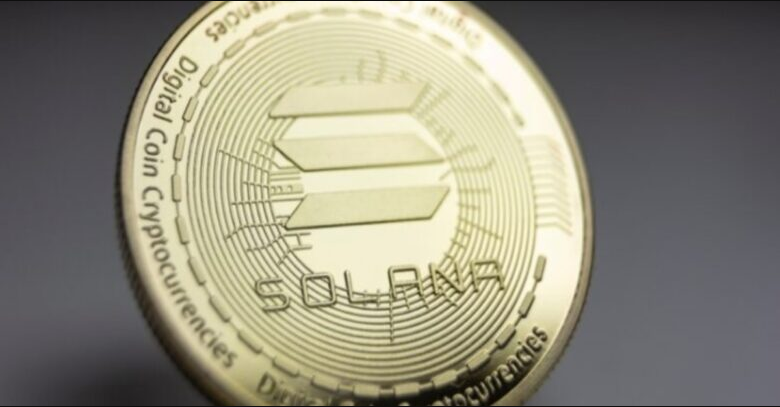According to recent rumors, the Solana blockchain, an Ethereum Layer-1 competitor, is under attack.
As a result, the most recent phishing event affected thousands of Phantom addresses, wiping out almost $6 million in assets.
Meanwhile, the attack has exposed over 7,000 wallets, and reports indicate that more are likely to be affected.
Insiders acquainted with the recent situation, meanwhile, remarked that the figures are incorrect because no official statement has been issued. This is only a rough approximation.
Phantom Wallet users are encouraged to shift their assets to other exchanges while the problem is investigated.
Solana stated that it is examining the incident and that no hardware wallet was hacked, as previously claimed.
[rb_related title=”More Read” style=”light” total=”4″]
Phantom Investigates As SOL Tanks
Phantom is a wallet hosted by Solana that supports decentralized finance (DeFi) and non-fungible tokens (NFT). The company disclosed that it had begun an assessment to figure out the source and scope of the vulnerability.
Nevertheless, the company said that an attack like this is not restricted to Phantom alone, and that it is seeking to identify the source.
Furthermore, there is a rumor that the Solana Blockchain has a system flaw that was exploited by a hacker to steal funds, and the Phantom development team promises to expose the likely consequence.
Over the past year, the Solana Blockchain was the subject of numerous vulnerabilities that have wreaked havoc on the network, resulting in massive losses.
As a result of the recent exploit, Solana’s native token, SOL, has plummeted by 4%. At the time of writing, the SOL was trading at $30.09, a 3% decrease, with a market value of $13.5 billion.
Blockchain Exploitation is Increasing
Cryptographic protocols, like other u.s. equity methods, can be hacked. Attackers are developing methods to effectively penetrate security infrastructure in locations where money or valuable objects are housed.
As a consequence, blockchain, a consequence of cryptocurrencies, is currently a favorite target for hackers looking for the next toy to tamper with.
Moreover, the environment is currently where hackers congregate for their attacks due to the increasing adoption and expansion of the use of digital currency by enterprises. Although blockchain technology has been labeled “unhackable” because it offers users with additional levels of security, certain scenarios render it vulnerable.
As secure as blockchain is, there is no doubt about it, attackers have discovered flaws that they use to profit from the scenario.
For example, one of the best-known methods of hacking into a blockchain network is the verification process. Miners analyze each payment to guarantee its authenticity, and this is where hackers can take control of the process.
The hackers can then create a clone version of the fork used by the original miners in order to redirect activities to them, which is usually unnoticed.
On blockchains, vulnerabilities certainly exist, and cybercriminals are working hard to exploit as many as they can.











Leave a Reply